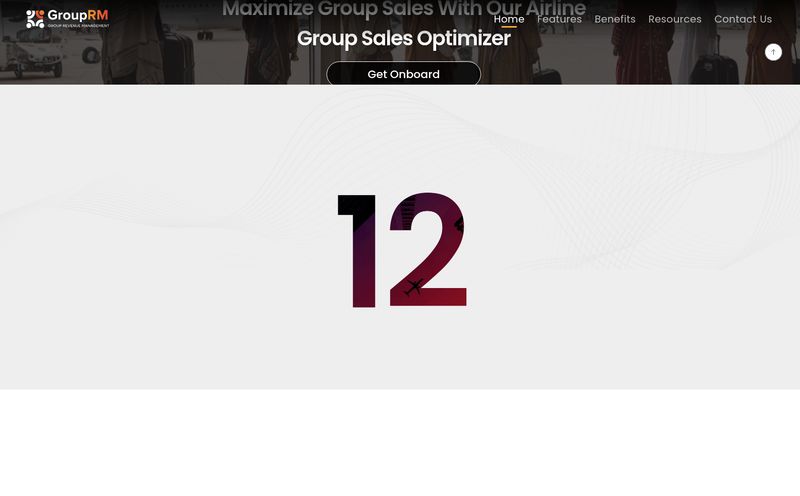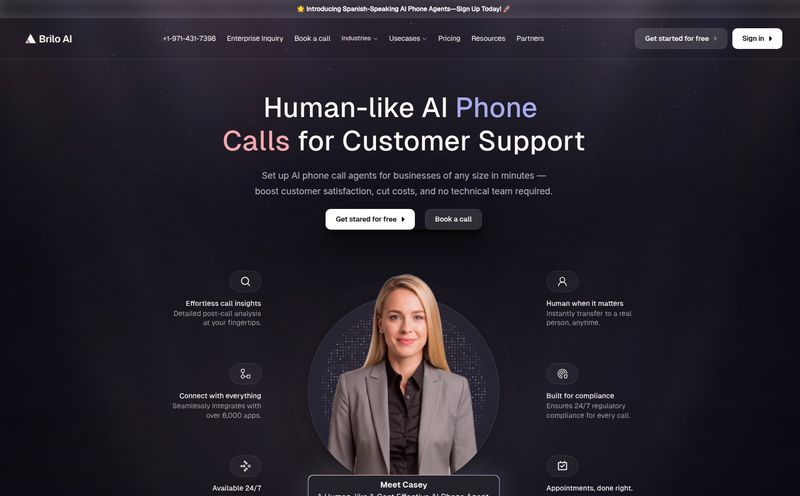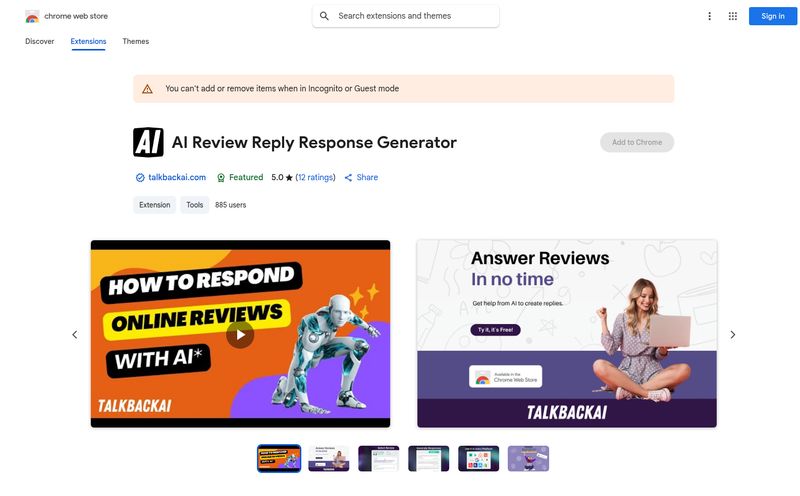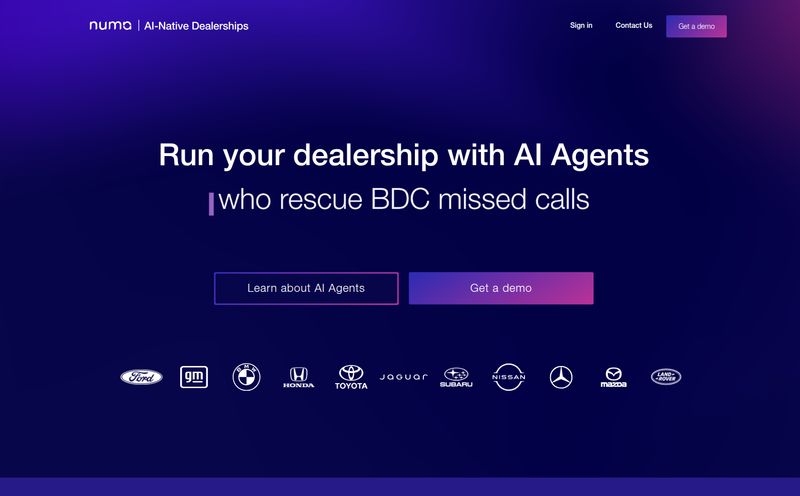Let’s have a little chat. We’ve all seen the stats, the trend reports, the breathless predictions about the Chinese market. It’s the white whale for so many global brands. But here’s a little secret from someone who's been in the traffic-generation trenches for years: for every success story, there are a dozen cautionary tales of companies that crashed and burned. And it's almost never about the product.
It’s about the infrastructure. The compliance. The data. It's about hitting what I affectionately call the 'Great Firewall of Data,' and realizing your entire tech stack is fundamentally incompatible with doing business there.
This is where the conversation turns to tools built for the job. And today, we're talking about a big one: Salesforce CN. Is it the key that unlocks the kingdom, or just another layer of complexity? Let's get into it.
What Exactly is Salesforce CN? (And Why You Should Care)
Okay, first things first. Salesforce CN isn't just the regular Salesforce platform with a Chinese language pack. That’s the most common mistake I see people make. Think of it less as a translation and more as a complete cultural and regulatory adaptation. At its core, it's the Salesforce you probably know—Sales Cloud, Service Cloud, the whole shebang—but it's been rebuilt from the ground up to live and breathe within China's unique digital ecosystem.
The single biggest piece of this puzzle? It’s hosted exclusively on Alibaba Cloud. This isn't just a hosting choice; its a strategic necessity. It’s the move that makes the entire platform viable for businesses that need to operate on the mainland.
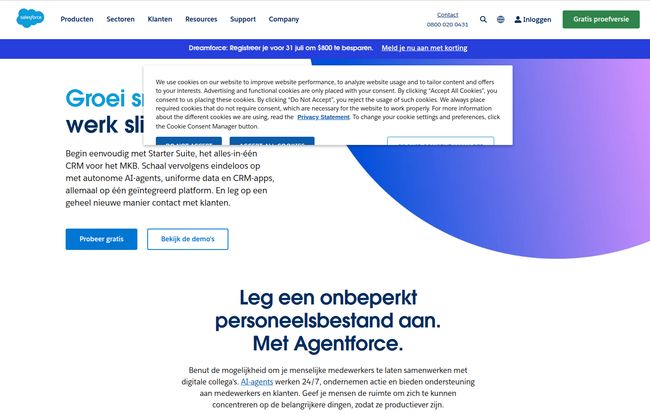
Visit Salesforce CN
The Great Wall of Data: Navigating Chinese Regulations
If you take away one thing from this article, let it be this: you cannot mess around with data residency in China. Laws like the Cyber Security Law (CSL) and the Personal Information Protection Law (PIPL) are not suggestions. They mandate that certain types of data collected on Chinese citizens must be stored on servers physically located within China.
Trying to run your global Salesforce instance for your Chinese operations is, to put it bluntly, a non-starter. You're risking massive fines and getting shut down. I've seen it happen. It's not pretty.
The Alibaba Cloud Connection
This is why the partnership with Alibaba Cloud is so critical. By hosting the entire CRM infrastructure on their servers, Salesforce CN ensures you're compliant right out of the box. Your customer data, your sales pipelines, your service tickets for Chinese customers—it all stays within the country's borders. It’s like having a diplomatic passport for your data. It provides the legitimacy needed to even begin operating.
More Than Just a Hosting Solution
But the partnership goes deeper. Alibaba isn't just a landlord for the data; their deep integration provides access to a network and a level of performance that would be nearly impossible to achieve from an overseas server. Latency matters. A slow CRM is a useless CRM, and trying to access a server in Dublin from an office in Shanghai is a recipe for frustration and lost productivity.
The Core Features: Is It Just Salesforce with a New Hat?
So, you get the compliance piece. But are you sacrificing functionality? For the most part, no. You're still getting the powerful tools that made Salesforce a behemoth in the first place.
- Sales Cloud: Your classic CRM for managing leads, opportunities, and forecasting. All the good stuff is there.
- Service Cloud: The tools to manage customer support, case management, and field service operations.
- Platform Cloud: The ability to build custom apps and workflows on the platform, which is huge for tailoring solutions to specific business needs.
Where it gets really interesting, though, is in the local integrations.
The Local Flavor: Social Commerce and WeChat
In the West, we think of social media as one thing and commerce as another. In China, they are deeply, inextricably linked. You can't talk about customer relations in China without talking about WeChat. It's not just a messaging app; it's an operating system for daily life. People use it for payments, booking appointments, reading news, and interacting with brands.
Salesforce CN's ability to integrate with platforms like WeChat is its superpower. It means you can manage customer service conversations, run marketing campaigns, and even facilitate sales directly within the social platforms where your customers actually are. This isn’t a nice-to-have feature. It’s the entire ballgame.
The Elephant in the Room: The Not-So-Great Parts
Alright, it can't all be sunshine and roses. As a seasoned pro, I have to give you the full picture. Using Salesforce CN comes with its own set of headaches, and it's important to walk in with your eyes open.
Migration Headaches and Architectural Puzzles
If you're a multinational already using Salesforce globally, you can't just flip a switch. You have to establish a whole new multi-organization architecture. This means running two separate Salesforce instances—your global one and your China one—and figuring out how to make them talk to each other (securely and legally). Data migration can be a beast, and you'll need some serious technical expertise to pull it off without a hitch. This is not a weekend project.
The Alibaba Cloud Dependency
While the Alibaba hosting is a huge pro for compliance, it's also a dependency. You're in their ecosystem. For most, this is a perfectly acceptable trade-off, but it's a trade-off nonetheless. You're also dealing with a feature set that might be slightly different from the global Salesforce offerings. New features on the global platform might not roll out in China at the same time, if at all. You need to be prepared for that potential disparity.
So, Who Is Salesforce CN Really For?
Based on my experience, Salesforce CN is not for the small startup just dipping its toes into the Chinese market. The complexity and likely cost put it firmly in the enterprise camp.
"This is a tool for serious, committed players. It's for multinational corporations that have a significant physical presence in China and cannot afford to gamble with data compliance. If you're already a global Salesforce customer, it's the most logical, albeit complex, path forward."
If you're a smaller operation, you might be better served by a local Chinese CRM provider. But if you need a globally recognized platform that speaks the local language of compliance, this is your best bet.
Let's Talk Pricing
And now, the question everyone's thinking: what does it cost? Well, if you're looking for a neat little pricing table with three tiers, you're out of luck. Much like other enterprise-grade solutions in this space, Salesforce plays this one very close to the chest. Pricing is bespoke. It will depend on your number of users, the specific clouds you need (Sales, Service, etc.), the complexity of your integration, and a dozen other factors.
The only way to know for sure is to contact their sales team directly. Be prepared for a detailed conversation about your business needs.
My Final Take: Is It a Must-Have?
So here's the bottom line. Entering the Chinese market is hard. It requires a fundamental shift in how you think about technology, marketing, and customer relations. Salesforce CN isn't a magic wand, but it is a powerful, purpose-built tool that solves the single biggest technical and legal hurdle: data compliance.
The implementation can be complex, and it represents a significant investment. But the cost of getting it wrong—of building a patchwork system or ignoring regulations—is far, far higher. For the right company, Salesforce CN isn't just an option; it's a foundational piece of a successful China strategy. It's not the easy path, but it's the smart one.
Frequently Asked Questions about Salesforce CN
1. What is the main difference between global Salesforce and Salesforce CN?
The biggest difference is hosting and compliance. Salesforce CN is hosted exclusively on Alibaba Cloud servers within China to comply with the country's strict data residency laws. It also features specific integrations with local Chinese platforms like WeChat.
2. Why does Salesforce CN have to use Alibaba Cloud?
To comply with Chinese laws like PIPL, which mandate that data on Chinese citizens must be stored on local servers. Partnering with Alibaba Cloud, a leading Chinese cloud provider, ensures this compliance and also provides better performance and reliability for users within China.
3. Can a small business use Salesforce CN?
While technically possible, the complexity of setting up a separate China-specific org and the likely enterprise-level cost makes it a better fit for larger, multinational corporations with significant operations in China rather than small businesses or startups.
4. If my company already uses Salesforce, is it easy to switch to Salesforce CN for our China operations?
It's not a simple "switch." It involves setting up a new, separate Salesforce organization hosted in China. You will need to plan for data migration and create a strategy for how your global and Chinese instances will interact. It requires significant technical planning.
5. Does Salesforce CN have all the same features as the global version?
The core functionality (Sales Cloud, Service Cloud) is largely the same, but the feature set may differ. The release schedule for new features might not be in sync with the global version, and some features may not be available. Conversely, it has unique features like deep local social media integration not found in the global version.
Reference and Sources
For further reading and direct information, you can consult the following resources:
